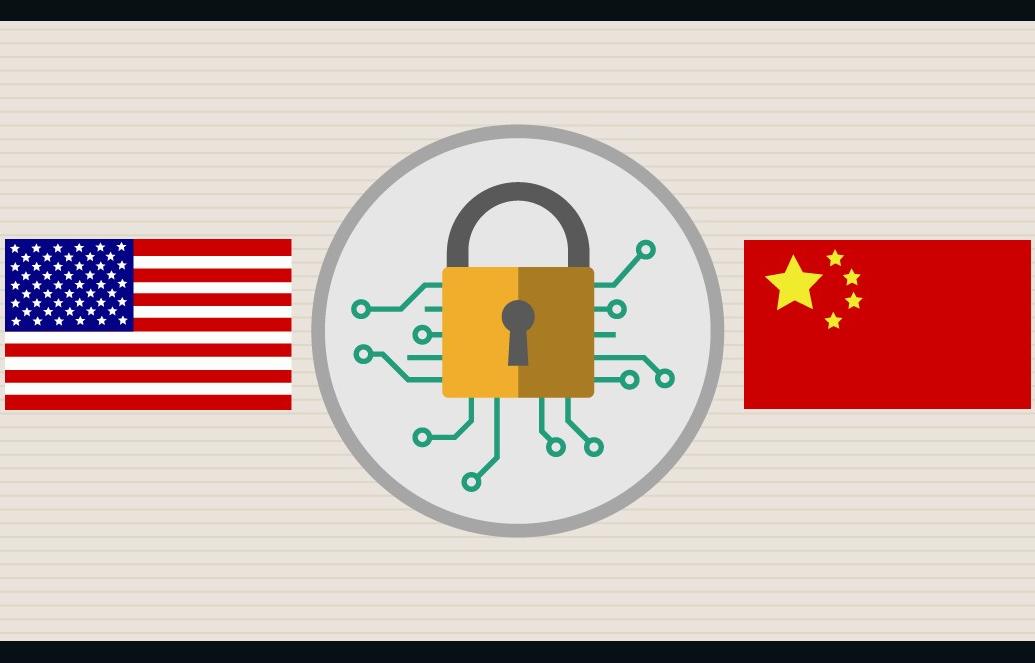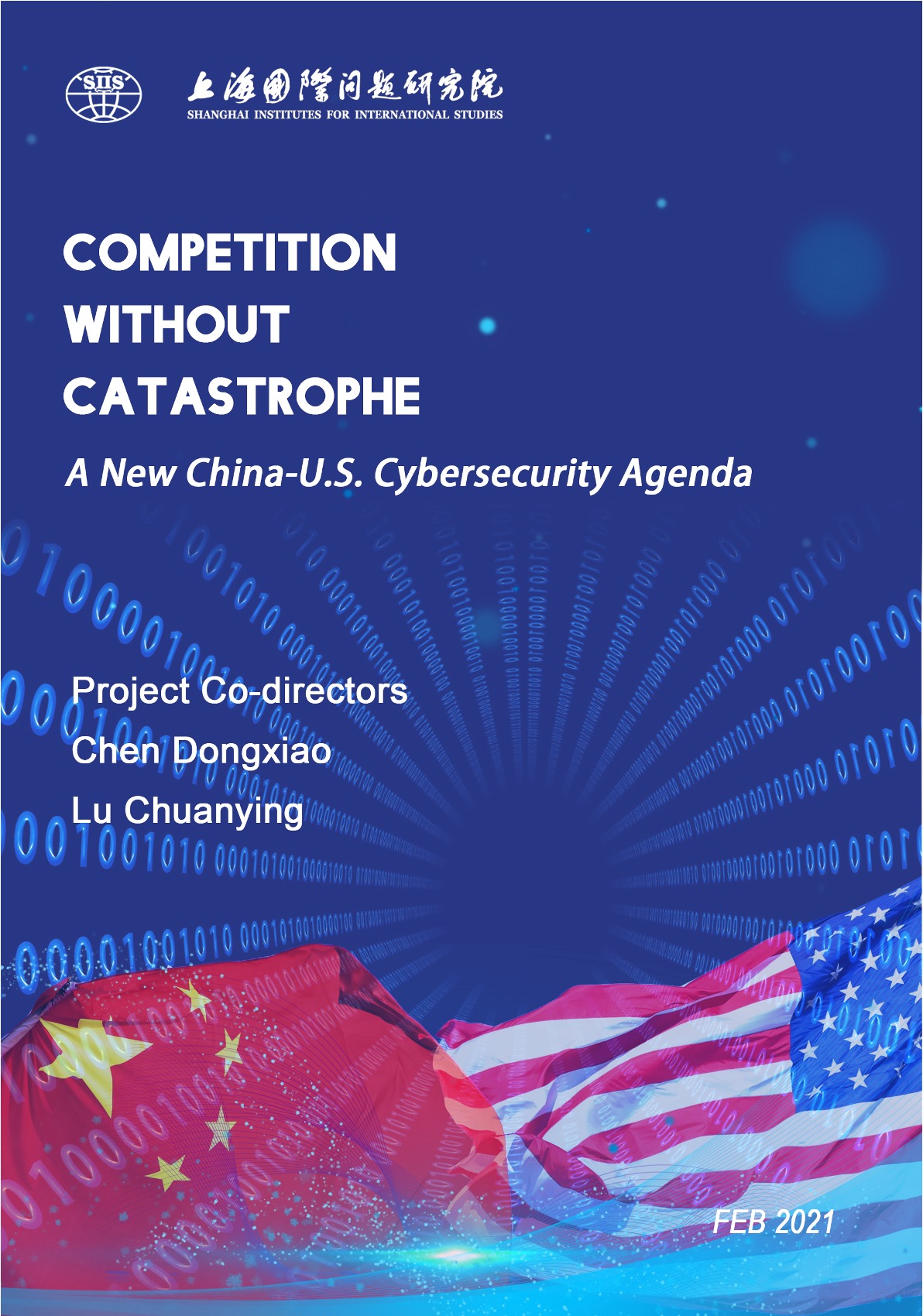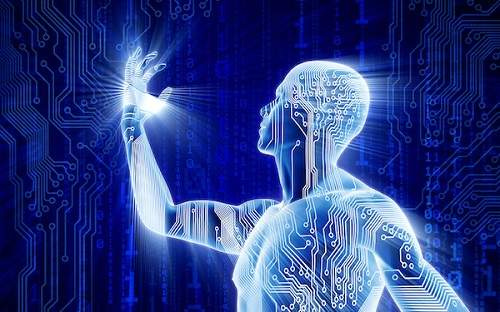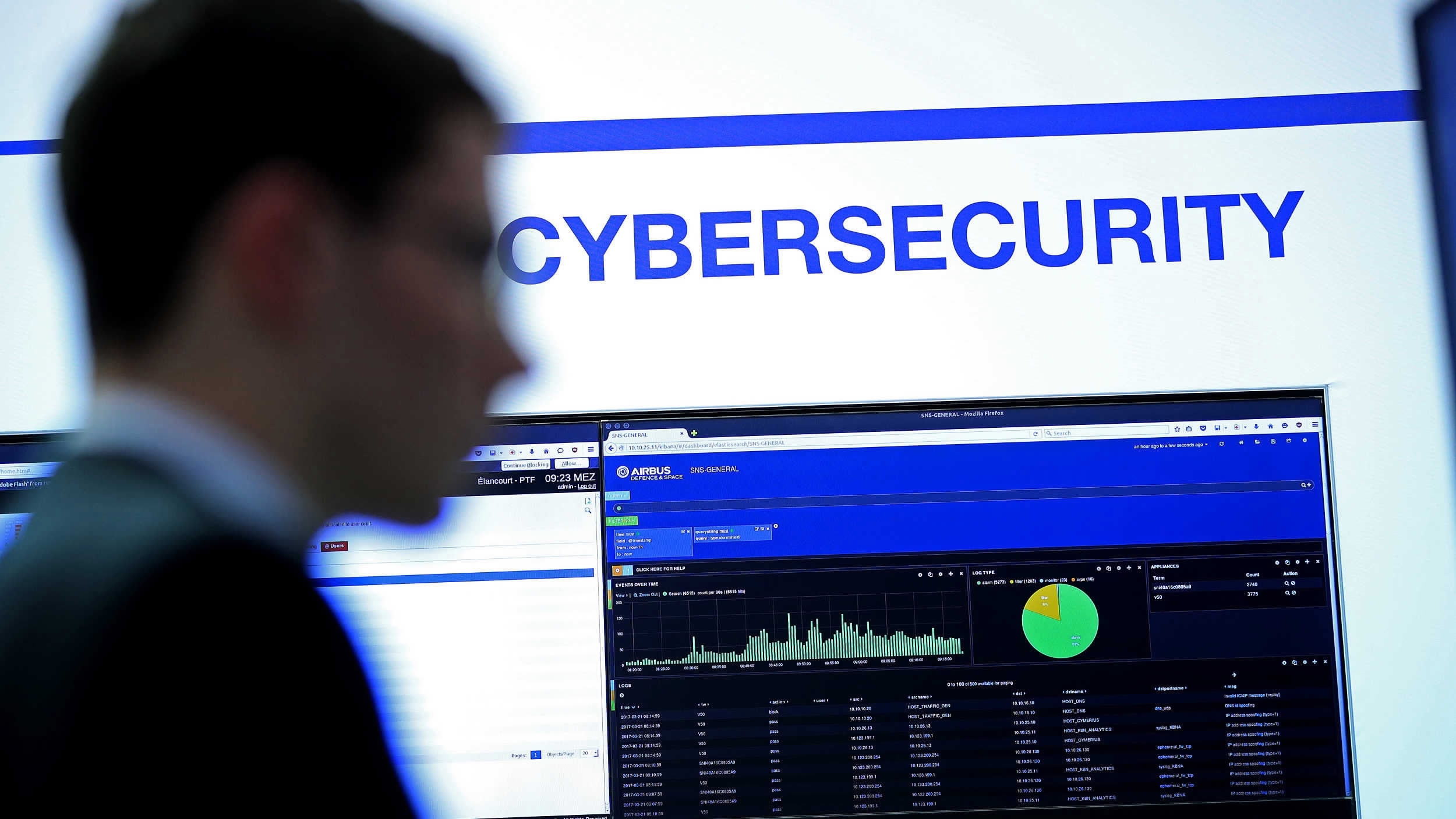Zhou Xiaoming, Former Deputy Permanent Representative of China’s Mission to the UN Office in Geneva
Feb 26, 2022
By starting and sustaining a tech war against China, Washington has placed itself on the wrong side of history. Like its trade war, the battle in the high-technology sector will turn out to be difficult to win.

Wang Yuzhu, Research Fellow, Institute for World Economy Studies, SIIS
Aug 27, 2021
Correctly understanding each other’s policies will avoid sinking into an infinite negative loop. Speculation about China-U.S. financial decoupling has returned. But politicization of financial matters will only do further damage to the already deteriorating bilateral relationship.
Zhang Monan, Deputy Director of Institute of American and European Studies, CCIEE
Aug 10, 2021
Most countries agree that data security touches on national security, and increased wrangling over data sovereignty is the new normal. Given the lack of trust between China and the United States, data security will inevitably become a new playing field in bilateral competition.

Lu Chuanying, Fellow and Secretary-general of the Research Center for the International Governance of Cyberspace, SIIS
Jul 21, 2021
For China and the United States, virtually all technology eventually touches on cybersecurity. But cooperation, based on trust, can be achieved. Trust is the basis of any cooperative relationship. Without it, concrete initiatives are incredibly difficult to implement.
Lu Chuanying, Fellow and Secretary-general of the Research Center for the International Governance of Cyberspace, SIIS
Jun 12, 2021
The international community must engage in serious discussions on whether cyber intelligence collection is necessary. If it is, what should be the boundaries? Any ambiguity or hesitation on the part of major players will lead others to mimic U.S. behavior.

Chen Dongxiao, President, Shanghai Institutes for International Studies
Feb 08, 2021
Dialogues, disputes and conflicts management, cooperation, stability and common development are the primary base for bilateral interaction when it comes to cyberspace competition.

Li Zheng, Assistant Research Processor, China Institutes of Contemporary International Relations
Jan 07, 2020
Concerns of China and the United States over science and technology can be resolved by the international community. Avoiding the huge cost of decoupling should be a top consideration.

Joseph S. Nye, Professor, Harvard University
Dec 18, 2019
In little more than a generation, the Internet has become a vital substrate for economic, social, and political interactions, and it has unlocked enormous gains. Along with greater interdependence, however, come vulnerability and conflict. Attacks by states and non-state actors have increased, threatening the stability of cyberspace.

Eric Harwit, Professor, University of Hawaii Asian Studies Program
Nov 15, 2019
Concerns are rising in Washington over the Chinese app TikTok, a video-making social media platform whose popularity has boomed in the U.S. in 2019. With concerns that the app is gathering and sharing the data of American users, TikTok might be yet another casualty in the U.S.’ war on Chinese tech companies.
Back to Top

- China-US Focus builds trust and understanding between the U.S. and China through open dialogue among thought leaders.
- Our Offerings
- Topics
- Videos
- Podcasts
- Columnists
- Research Reports
- Focus Digest
- Stay Connected
-
Thanks for signing up!
- Get the latest stories from China-US Focus weekly.